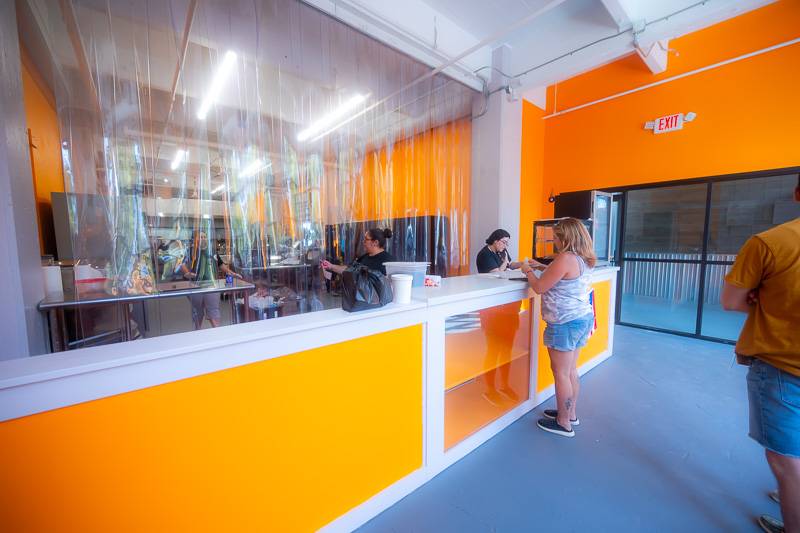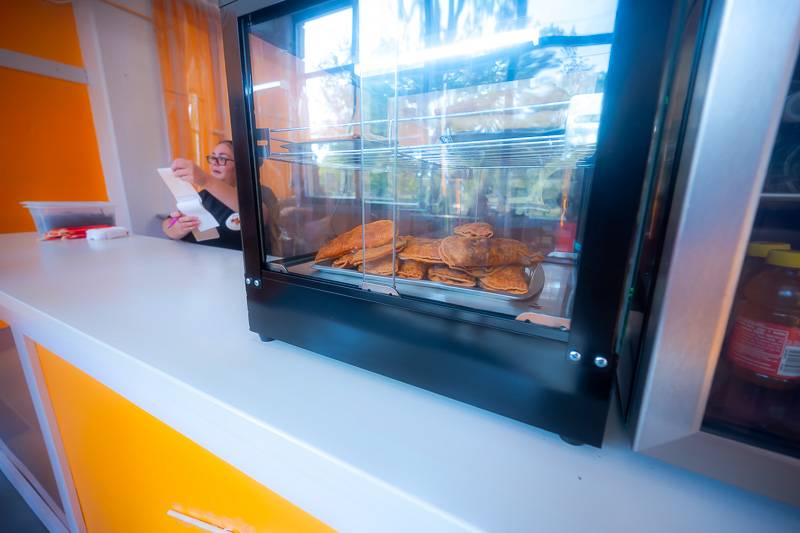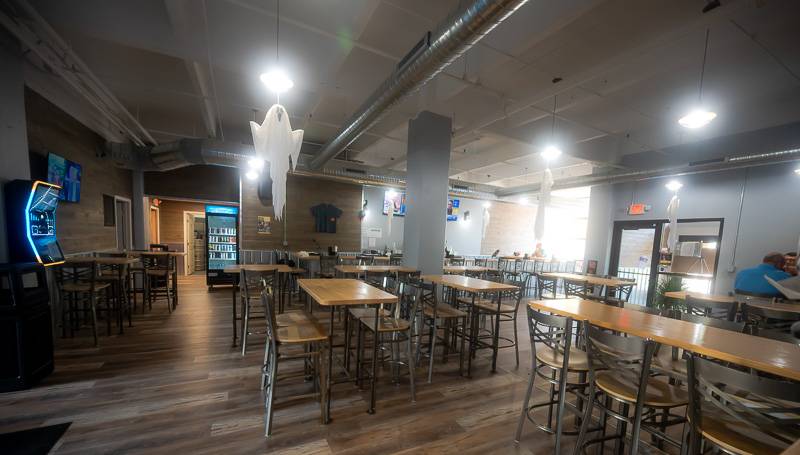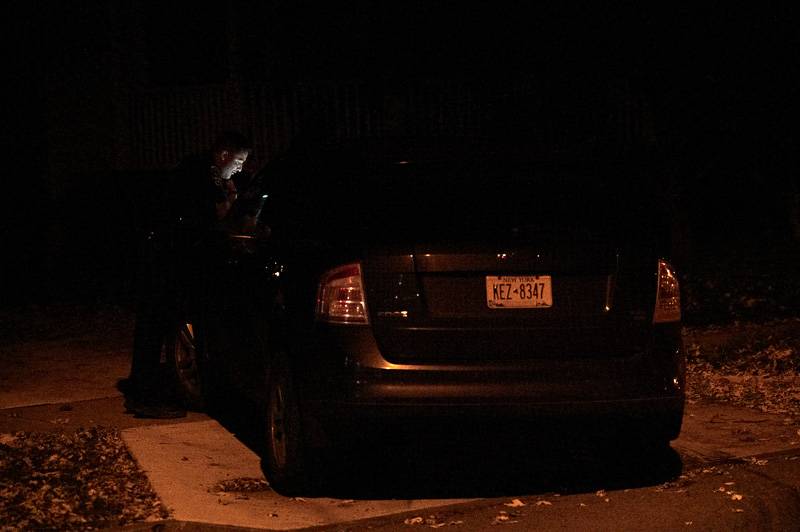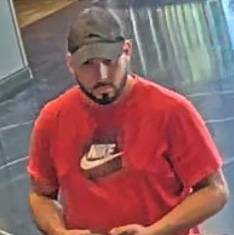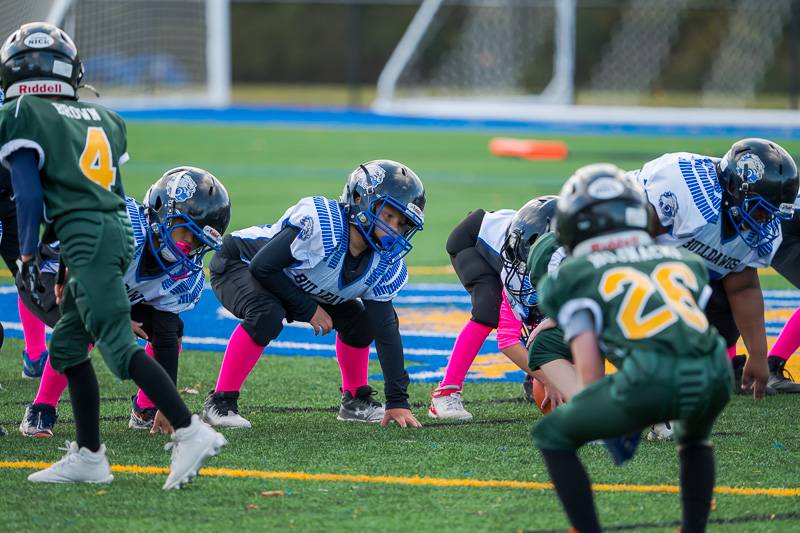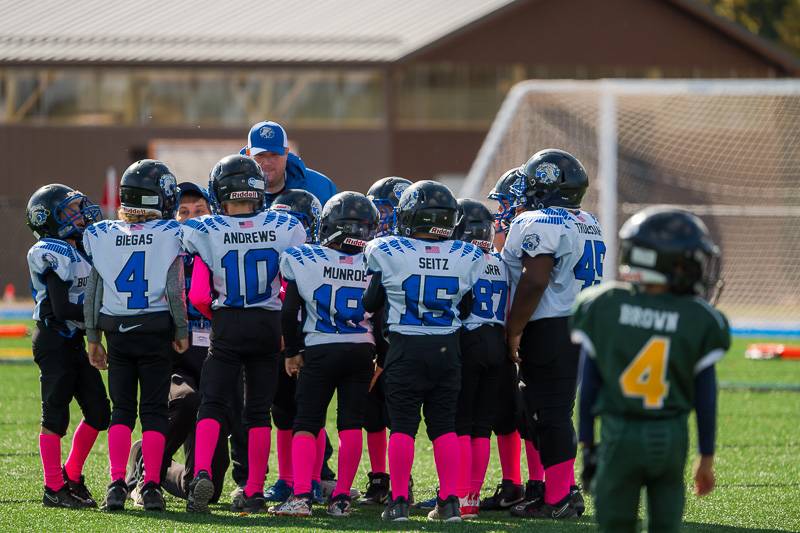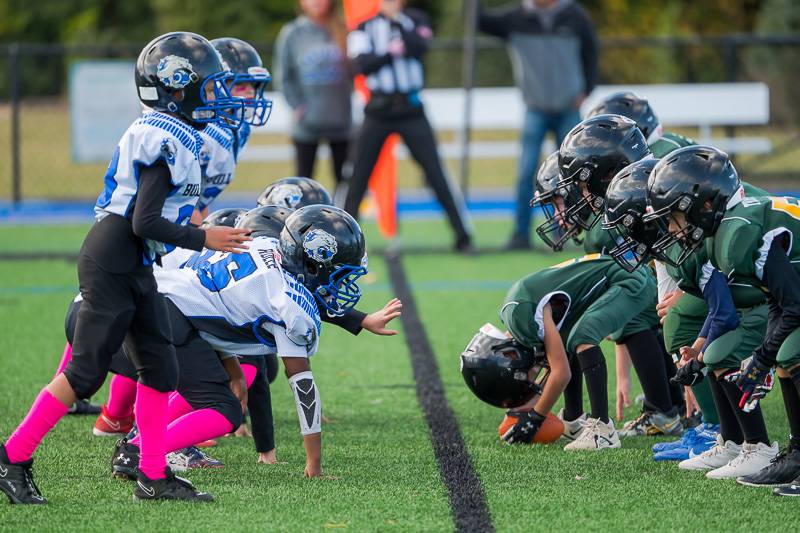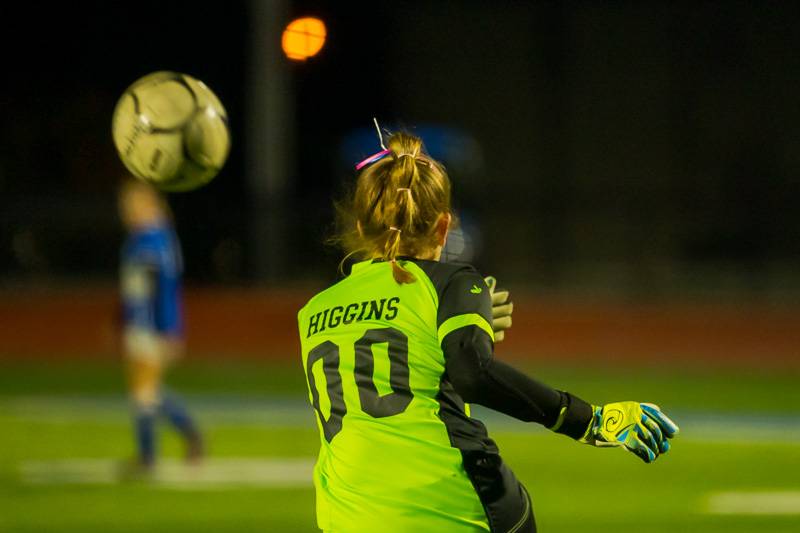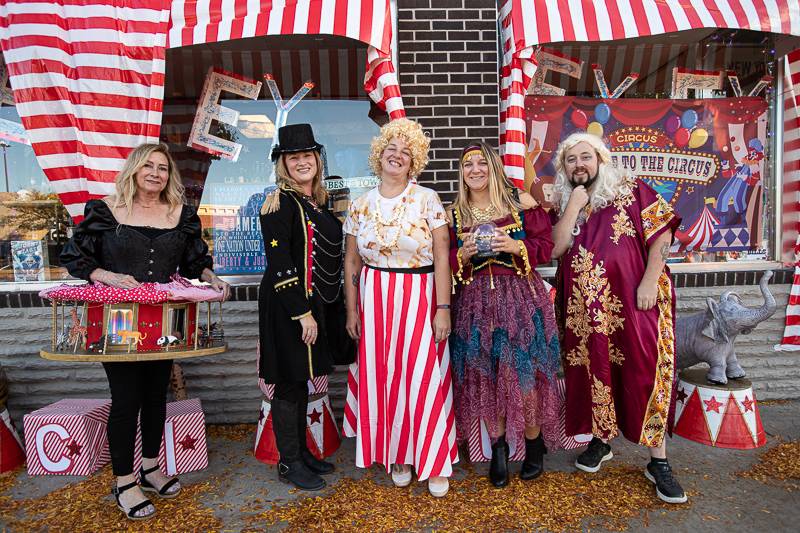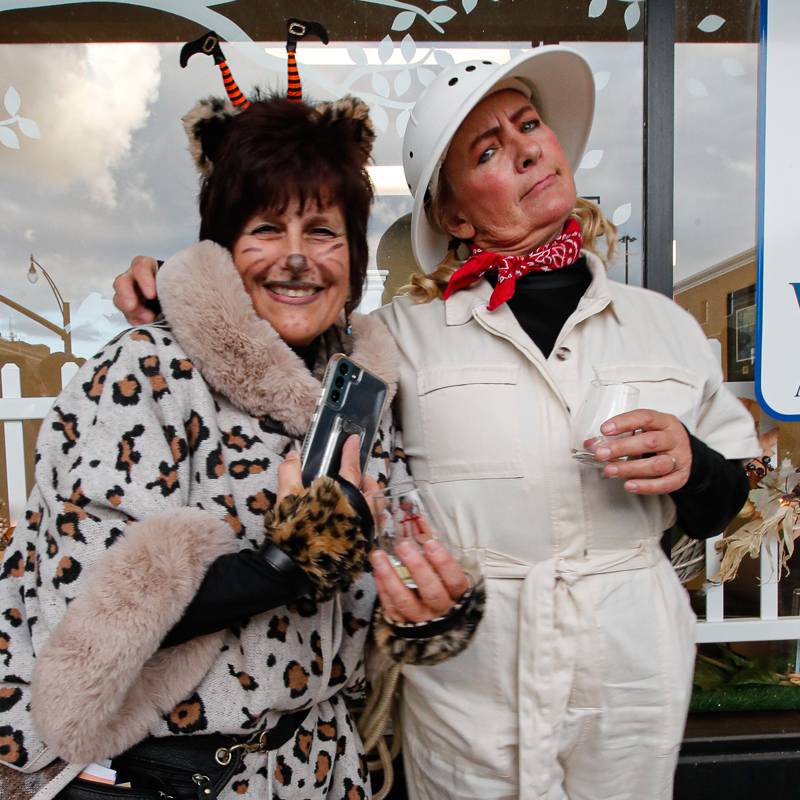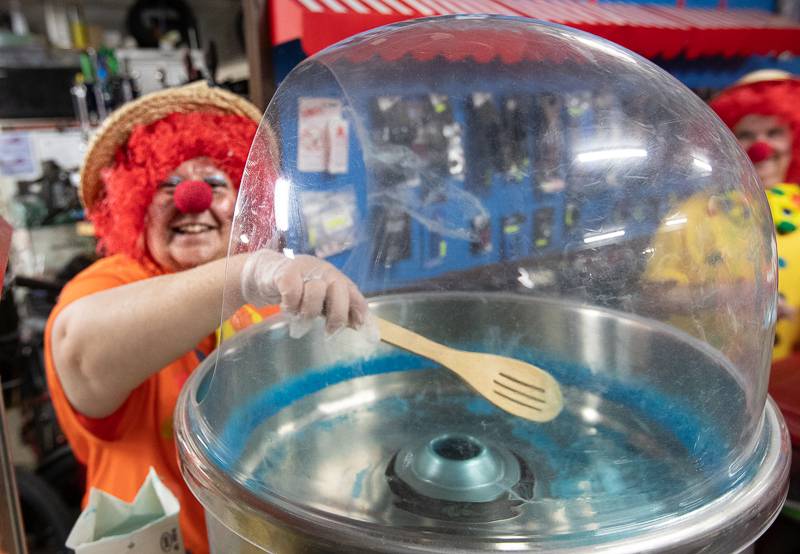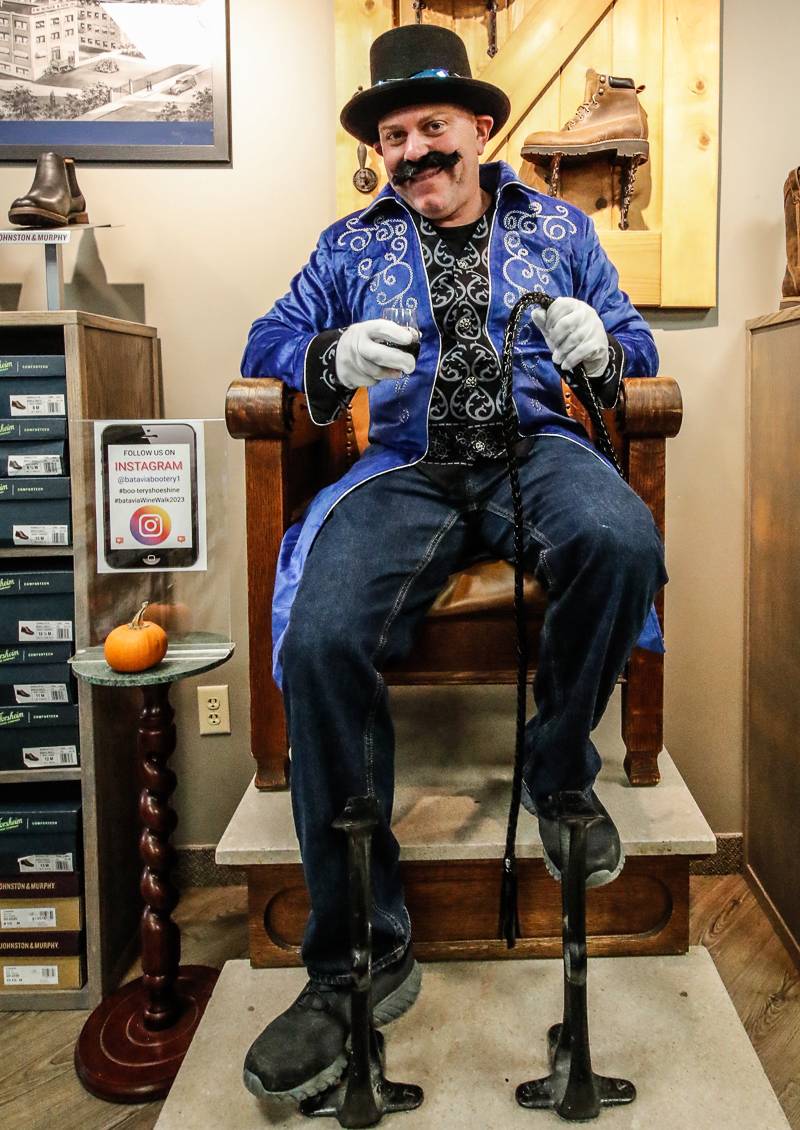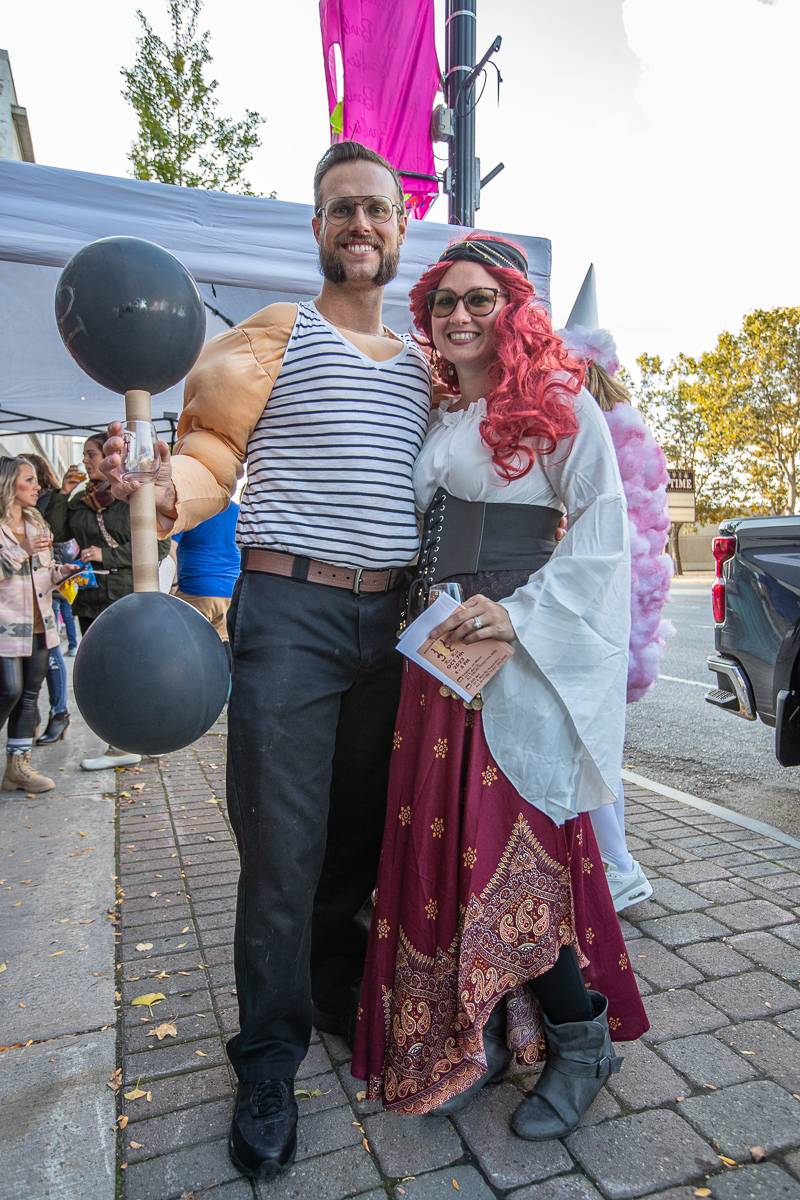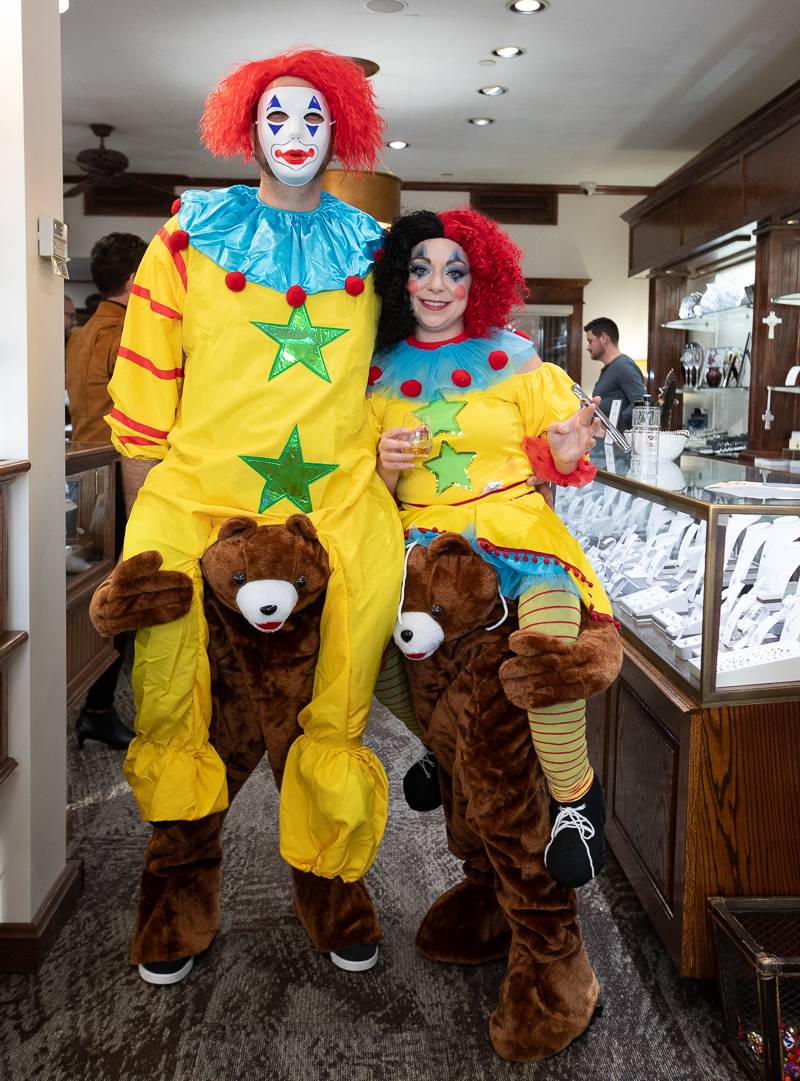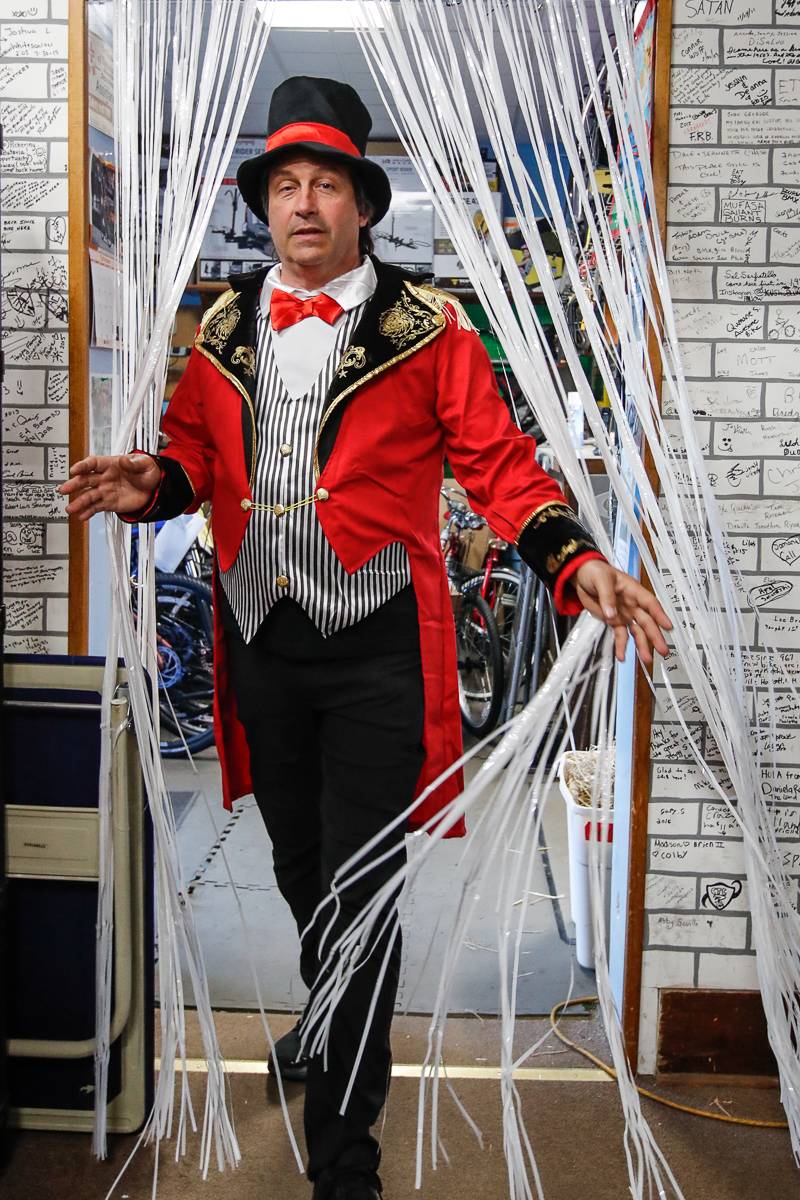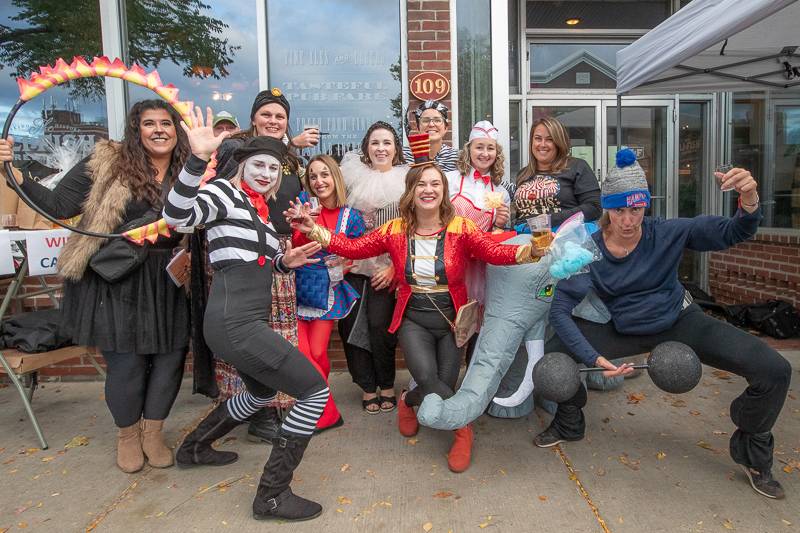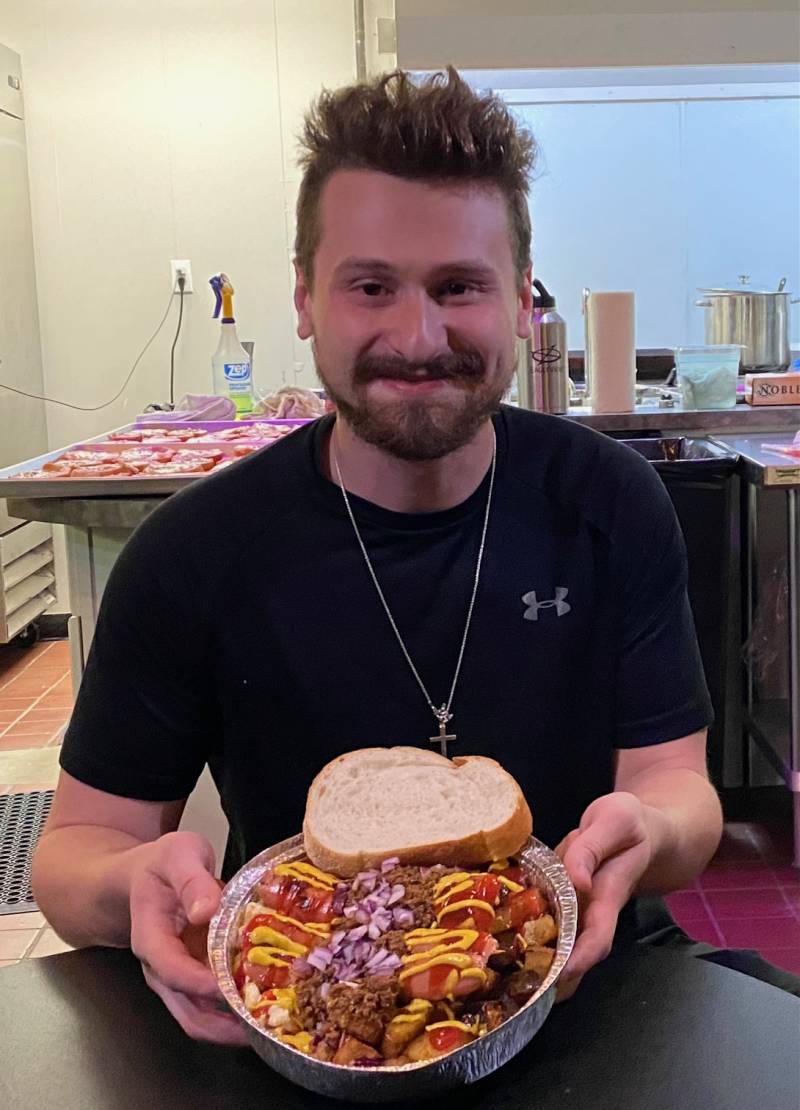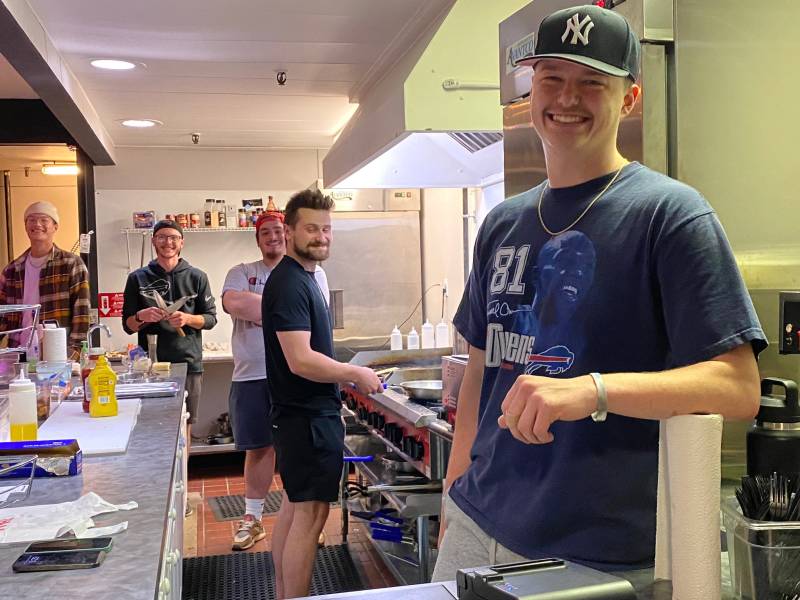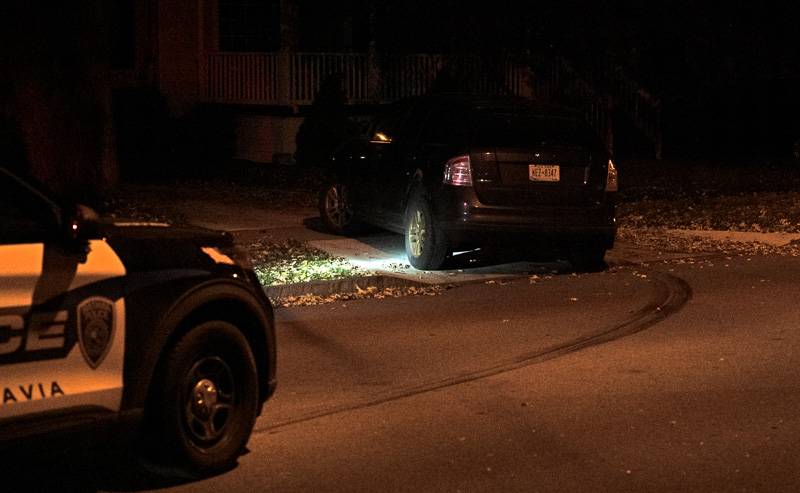Owning a business can be done, but 'never underestimate the work' Batavia entrepreneur says

Photo by Howard Owens
Twenty years ago, Rob Credi set out to blaze a trail of business ownership with a couple of other like-minded entrepreneurs, and they established a coffee shop in the middle of downtown Batavia on Main Street, hence its name Main Street Coffee.
That was in December 2003, ending on New Year’s Eve in 2008. Fast forward to August 2020, when Credi opened Pub Coffee Hub on the other side of town, Harvester Avenue, with a bit more experience, business acumen, and hard-won lessons under his belt.
“It was more of a learning lesson than a success,” he now says of those earlier days, though he wouldn’t exactly label them a failure either. “It does feel good to know it existed in its timeframe and served its purpose. It was obvious we didn’t know what we were doing.
“Twenty years later, I opened Pub Hub. That was more of an immediate success,” Credi said.
Take his words with a grain of salt. Credi is also starkly honest about his professional journey so far: “I feel like I’m 75,” said the 40-year-old, who’s been married just under two years and celebrated the birth of his child this July.
Although he felt that he knew what he was getting into — at least somewhat — running his own business was an eye-opener, especially the addition of The Crapshoot Kitchen & Commissary just down the street from his Pub Coffee Hub Shop.
The commissary is a large space where half of it houses Windy Brew, and the other side accommodates Linda Borinqueña, a Puerto Rican takeout, and Xavmen Ramen, Credi’s second foray into the culinary world with a takeout ramen restaurant. (See related article)
He couldn’t help himself but give it a go by renovating the place and making it amenable for caterers, bakers, restaurateurs, food truck operators and the like to have a space to prepare their dishes and sell them, he said.
“I’ve done enough, and I'm happy with what I've done; I don't need to keep going. The kitchen kind of fell into our laps where it's too good of an idea not to," he said. "I really want to do something that was focused on the community and not different than what my friends at Eli Fish did with their Fresh Lab, you know, giving someone who doesn't have the means to produce their own facility an option. That's exactly what I want to see here. I said (to Vee Echevarria, owner of Linda Borinqueña) my goal is for you to be so busy that you can't work here anymore, that you have to go find your own place.”
There is still enough room for more behind-the-scenes businesses to operate and prepare their products there, but as for the two restaurants that sell directly to customers, that’s plenty for now, he said.
Another venture that Credi has taken on is to have an employee who has baking experience begin to make baked goods there — muffins, danishes, cookies, scones, chocolate-filled croissants, and a cinnamon roll with hot oozy icing, for the coffee shop.
So what would Credi advise someone like his younger self wanting to become a business owner?
"My number one advice would be to talk to someone who's done it. And there's so much like, behind-the-scenes stuff like everyone thinks that this is what I want to do. Okay, that's great. That's about five percent of what your business is actually going to be, you know, selling coffee is five percent of my business. And 95 percent is everything else I have to do to get to the point of selling coffee," he said. "And that's really something, I mean, for a young person, you can't sit down and think that through. You just don't have that experience or knowledge. So you really need to talk to someone.
“Never underestimate how much work it is. You can do it but don’t underestimate how much work and stress is involved. Talk to someone who has done it," he said. "I’ve talked to a handful of people, it’s really valuable to get that firsthand knowledge."
He worked with a Small Business Development agency to write his business plan, which is invaluable and usually quite necessary, especially when obtaining loans. And then, of course, there's the part when you must just get busy operating your business, he said.
He likes to regularly check in on local business owners to see what they're doing through their advertisements and promotions and by talking to them, he said.
He also recommends checking in with customers and listening to them for reasonable feedback to know when to change what or how you’re doing something.
“Being able to adapt and learn from the feedback,” he said.
Credi decided to buy the space down the street also at Harvester Center that was formerly One World Goods -- a cavernous space that needed renovating and cleaning up to make it Health Department worthy.
One section is occupied by Windy Brew, a tavern restaurant and tasting room, and the other side, known as The Crapshoot Kitchen & Commissary, has a kitchen with coolers and cooking and baking equipment for two restaurants and other future enterprises.
Xavmen Ramen was a stop-gap to fully utilize the space and try out an idea that he had while cooking with his wife Karie at home, he said.
He has learned to carve out his time, with 15 hours a week at the coffee shop and the remaining time at the commissary, preparing and serving the food and checking in on customer feedback.
Early on, he had a food truck for the Pub Hub and then sold that to The Harvester Center, which uses it on-site for Harvester events.
There isn’t an ending to this story yet, as Credi is planning for new offerings at the coffee shop — he learned that locals like their breakfast and he's gone from two to 11 morning items, including a new egg soufflé sandwich that will debut Wednesday and an egg, bleu cheese and hash brown wrap on Thursday — both of which are making good use of the commissary’s larger oven and space.
And Credi admits he dreams about having a second location with a drive-through even though his more reasonable side knows it’s not practical given his stress overload at the moment.
Credi, who credits his success and existence to being “comprised of 30 different people” of family and friends who are a huge support system for him, has learned to scale back a smidge.
"I worked 20 hours a day; even in my sleep, I was still thinking about it," he said. "Now, for about five hours a day, I'm not thinking about it."

